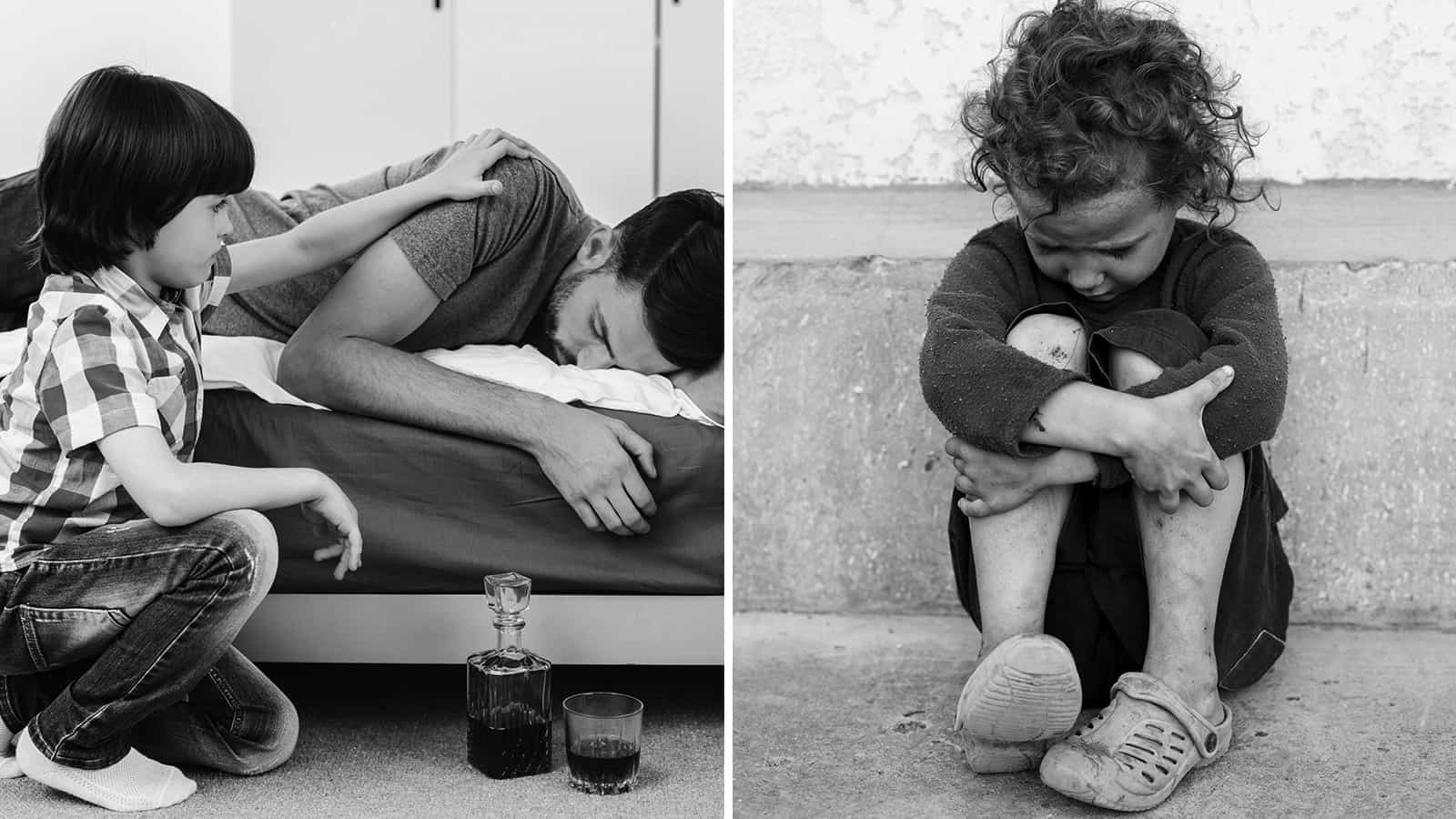Researchers from Johns Hopkins University discovered eight social factors that influence childhood mental health. Their comprehensive multi-year study found that children exposed to adversity had an increased risk of developing cognitive, emotional, or behavioral problems. However, having strong family support and resilience could counteract the negative impacts of childhood adversity.
The study categorized adversity into two groups: relational and social. Researchers determined that relational risks decrease mental health in children more than social risks. Children exposed to substance abuse at home, for instance, displayed more behavioral, mental, and emotional problems than those facing social threats such as economic disparity.
The analysis is based on 2016-2019 data survey responses, including nearly 132,000 children ages 3 to 17. It examines the complex relationship between childhood mental health and social and relational health risks. The findings have been published online in the January 2022 issue of Child and Adolescent Psychiatric Clinics of North America.
Overall, the study determined that 21.8% of U.S. children in the age group surveyed experience one or more mental, emotional, or behavioral problems. The frequency of mental health problems across U.S. children ranged from roughly 15-60%. As exposure to social and relational risks increased, children typically displayed worse mental health.
“If we treat children with mental, emotional, and behavioral problems without individually and collectively addressing social and relational health risks, or even assessing them, which is often the case, we are missing some of the biggest factors driving the mental and emotional suffering of our children,” says study leader Christina Bethell, Ph.D., MPH, MBA, professor in the Department of Population, Family and Reproductive Health. She’s also the director of the Child and Adolescent Health Measurement Initiative at the Bloomberg School.
Child Psychologists Explain 8 Social Factors That Decrease Mental Health in Kids
Research shows that social factors and relational risks can cause behavioral, mental, and emotional problems in children. However, most of the previous studies have investigated only individual health risks. This study examines the individual and combined effects of social and relational problems on U.S. children.
Bethell and her team compiled data from the National Survey of Children’s Health for the study. The U.S. leads the yearly survey. Health Resources and Services Administration’s Maternal and Child Health Bureau and the U.S. Bureau of the Census. Parents and caregivers who complete the survey provide data on various, complex aspects of children’s lives. Topics in the survey include:
- a child’s physical and mental health;
- access to quality health care;
- the child’s family life;
- school and social experiences;
- and neighborhood environment.
The results determined that over 66% of children with mental health problems experienced at least one of the eight relational or social factors investigated in the study. Only about 50% of children without mental health problems were exposed to adverse childhood experiences.
What Social Factors Did the Scientists Study?
The eight relational and social factors examined in the study included the following:
- economic hardship
- food insecurity
- unsafe neighborhood
- racial discrimination
- multiple Adverse Childhood Experiences (ACEs), such as substance abuse or domestic violence
- poor caregiver mental health
- lack of resilience in caregivers
- frequent conflict with their child
Compared with social factors, relational health risks occurred more frequently in children with mental health problems. They also had a stronger correlation with poor mental health. Almost one-third of children with mental disorders experience social and relational health risks.
Social Factors that Boost Childhood Mental Health
While these results are discouraging, the study also found opportunities to bolster children’s mental health. The authors determined that building resilience and being engaged at school could reduce negative impacts from adverse social factors. Being able to self-regulate during challenging times encourages self-confidence and more resilient children.
The research team discovered that children engaged in school 77% less when they lacked self-regulation skills. However, several factors helped increase their engagement in school. Children with mental health problems displayed self-regulation almost six times more often when they had a strong bond with their parents. These odds increased by over 2.25 times when their family remained cheerful and resilient during challenging times.
The findings remained steady among all levels of relational and social factors.
Bethell added that both parent-child relationships and family resilience stem from conditioned behaviors. This means that families can change their behaviors through effort and a desire for positive outcomes. For instance, building skills in resiliency and optimistic thinking can help mitigate any negative experiences.
Bethell also noted that the American Academy of Pediatrics encourages mental health professionals, doctors, and school personnel to promote these skills. Teaching positive social factors to children and their families early in life will help strengthen society as a whole.
The study co-author Tamar Mendelson, Ph.D., MA, a Bloomberg Professor of American Health in the Bloomberg School’s Department of Mental Health, says this:
“There is a mental, emotional, and behavioral health crisis for children in our country, but most children with these conditions have risk factors that we can identify and do something about. Ultimately, we need to address the structural and systemic issues that threaten young people’s well-being; at the same time, there is a lot we can be doing to decrease risk factors for families.”
The Robert Wood Johnson Foundation funded the study.
Many children today experience social factors and stressors contributing to poor mental health. We shouldn’t expect them to bear the burdens for their parents or other caregivers at such a young age. As such, it’s essential to provide a calm, loving atmosphere in addition to coping skills. Protecting their emotional health early in life will ensure they become strong, healthy adults.
Final Thoughts on Social Factors that Impact Childhood Mental Health
Children are like sponges, picking up on social and emotional cues from their environment. Their developing minds require stability, support, and love to function correctly. However, many children today face multiple negative relational and social factors that harm their mental health. Adverse childhood experiences such as poverty, racial discrimination, stressful home life, and unsafe neighborhoods can impact their behavior and school engagement.
However, researchers from Johns Hopkins University also identified coping skills that children can develop to mitigate the adverse effects of these social factors. They say that a strong relationship with the family, resiliency, and self-regulation can promote positive outcomes and better mental health in young children.






















